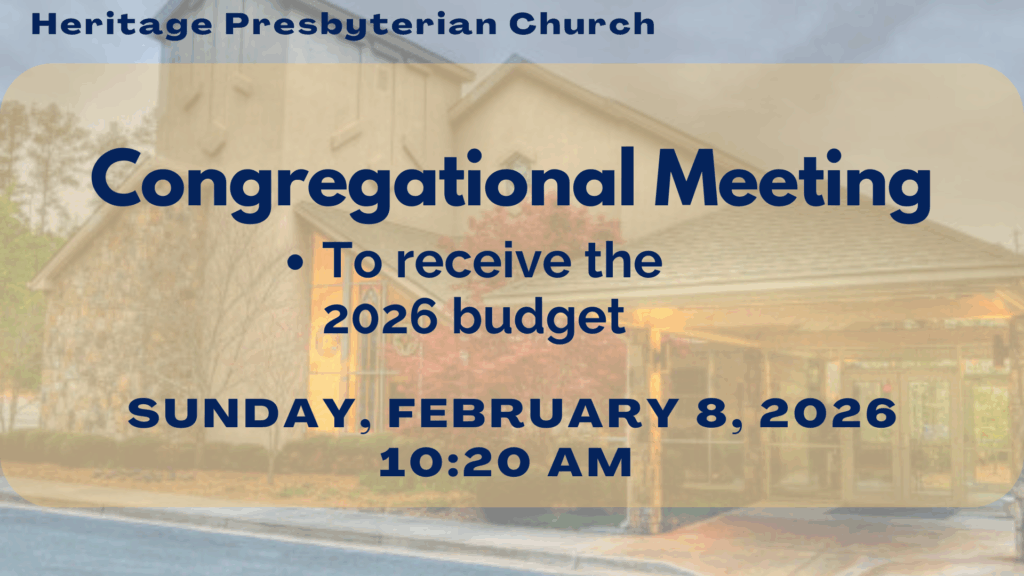The context for this sermon is within a “hymn sing” worship service, where congregational favorites are sung throughout the liturgy, and the majority of the sermon is also sung by the congregation.
Do you hear the people sing?
Singing a song of angry men?
It is the music of a people
Who will not be slaves again
When the beating of your heart
Echoes the beating of the drums
There is a life about to start
When tomorrow comes[ii]
This iconic song marks a turning point in the classic musical Les Miserables. It is a song of people coming together for revolution, proclaiming their truth in a cadence that builds into powerful chorus. It will likely make you want to sing along, and may get stuck in your head. Sorry. This, along with other power ballads, is a testimony to the fact that through song, we proclaim our truth. As Christians, this is especially true, and experienced in the power of our music and hymns.
Hymns, more than just being nice ways to break up a long-winded preacher, are ways in which the church have proclaimed those things that are most central to our faith. It’s no surprise, then, that so many of them are about Jesus Christ. The story of Christ’s birth, life, death, and resurrection is the most powerful truth that we tell, and worthy of as many songs as we have breath. Amen?
The passages we read this morning as examples of perhaps how the early church professed its faith in lyric. Both seem to be additions by Paul into his respective letters to the Philippians and Colossians, adopted from an emerging tradition. Each presents the most important aspects of the story of God incarnate in ways that, hopefully, became a tune that would develop into the song of the people.
To sing about Jesus Christ as Lord and Savior, as God incarnate, as the first-born of all creation and reconciler of all, and also humble and a servant; well, those are pretty big and audacious claims. They are bold assertions that are meant to rock the boat and challenge the status quo. That is what it means to proclaim the gospel after all. To say these words in some sort of early church recited liturgy was like the hushed whisper in which the song begins in Les Mis. And one by one, the chorus grows, until all are singing together in strength and joy.
As 21st century Christians, we don’t often think about our hymns as being particularly revolutionary. Indeed, many push-back at the idea of any change to our tunes with “new hymns”. If we’re honest, we might admit that we grow a bit complacent in our singing, enjoying the melodies and familiar lyrics and the opportunity to stretch our legs a bit. This morning, I’d like to challenge you to pay attention a bit more to the hymns that we sing and the power they contain, especially those that we sing about the one we say is Lord. These are hymns about power and transformation, both within us, and within our world. And friends, both within us, and within our world, we need the revolutionary power of Jesus Christ. The good news is; we know it is possible. We have experienced the empty tomb and therefore can sing the fullness of the story, confident and hopeful for God’s power and presence not just on the horizon, but here with us now. In Christ, a new day comes! And so we sing.
That famous song appears a second time in Les Mis at the end of the show in the Epilogue, with slightly changed lyrics that echo the joys of revolution in such a way that you could even wonder if they were also singing about faith, too. It goes like this:
Do you hear the people sing
Lost in the valley of the night?
It is the music of a people
Who are climbing to the light.For the wretched of the earth
There is a flame that never dies.
Even the darkest night will end
And the sun will rise.They will live again in freedom
In the garden of the Lord.
We will walk behind the ploughshare;
We will put away the sword.
The chain will be broken
And all men will have their reward.Will you join in our crusade?
Who will be strong and stand with me?
Somewhere beyond the barricade
Is there a world you long to see?
Do you hear the people sing?
Say, do you hear the distant drums?
It is the future that they bring
When tomorrow comes[iii]!
Will you, too, be the people that sing? About the world we long to see and know to be possible because of the power of Christ? I invite you to rise in body or in spirit, as we sing the hymns of revolution this morning, proclaiming the good news of the gospel of Jesus Christ in song. And may our songs carry us into lives that are a part of the uprising God’s kingdom brings. Let us sing!
~Homily preached by Rev. Elizabeth Lovell Milford, August 4, 2019
___________________________________________________________________________________________________________________
[ii] “Do You Hear the People Sing?” from Les Miserables, written by Alain Boublil, Herbert Kretzmer, Claude Michel Schonberg and Jean-Marc Natel.
[iii] “Do You Hear the People Sing?” from Les Miserables, written by Alain Boublil, Herbert Kretzmer, Claude Michel Schonberg and Jean-Marc Natel.

